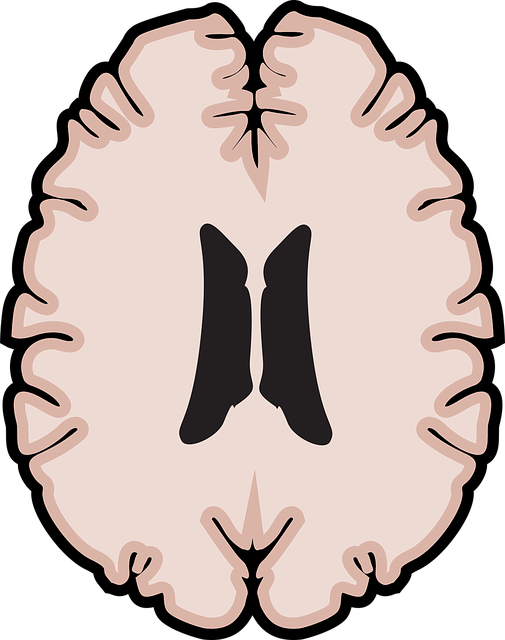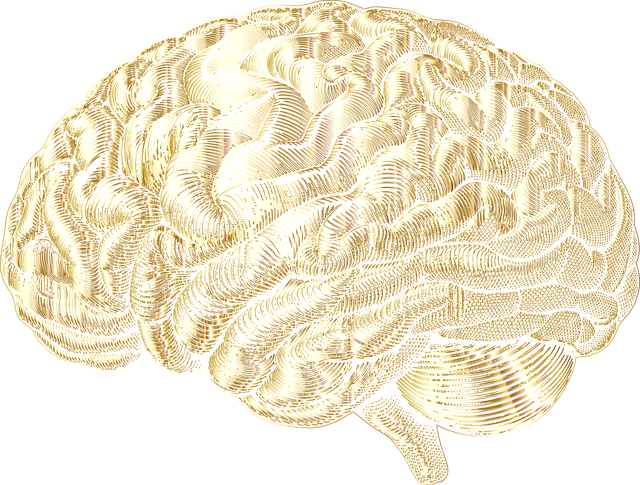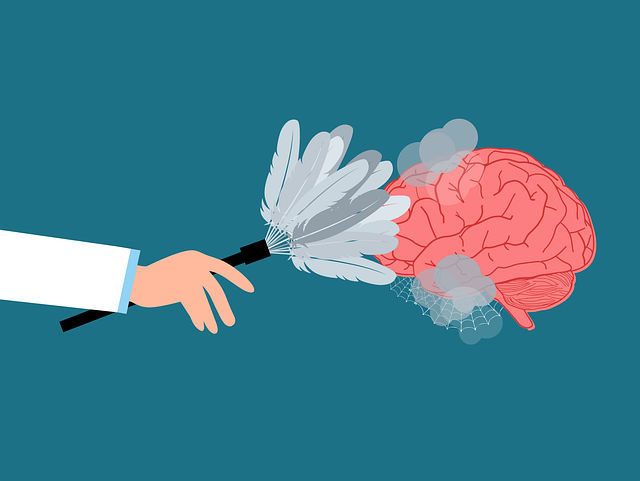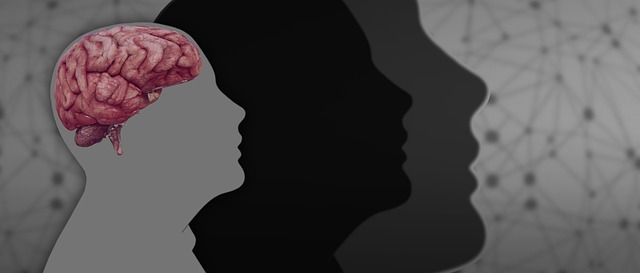Understanding Mental Health Data is a critical step for effective analysis and interpretation, especially within Aurora EMDR Certified Therapy. This approach combines Eye Movement Desensitization and Reprocessing (EMDR) techniques with rigorous data analysis to address trauma, reduce symptoms of depression and anxiety, and offer evidence-based stress management workshops. By integrating diverse data collection methods, proper preparation, and ethical handling, mental health professionals gain valuable insights into patient populations. These insights inform personalized treatment plans, improve overall community mental wellness, and are enhanced by strategies like Mental Health Policy Analysis, Advocacy, and Community Outreach Program Implementation. Training and support ensure specialists remain at the forefront of mental health practices, facilitating accurate data interpretation and improved patient outcomes.
Mental health data analysis is a powerful tool for understanding and improving therapeutic outcomes. In this article, we explore the process of collecting, preparing, and interpreting mental health data, with a focus on the role of Aurora EMDR Certified Therapy. Learn how this approach enhances data analysis, providing actionable insights to translate complex information into effective therapeutic strategies. Discover the significance of data-driven decisions in mental health care and unlock the potential for better patient outcomes.
- Understanding Mental Health Data: Collection and Preparation
- The Role of Aurora EMDR Certified Therapy in Data Interpretation
- Actionable Insights: Translating Data into Therapeutic Strategies
Understanding Mental Health Data: Collection and Preparation

Understanding Mental Health Data is a pivotal first step for any comprehensive analysis and interpretation process. Collecting data involves diverse methods such as surveys, clinical assessments, electronic health records, and self-reported experiences. These sources provide a multifaceted view of mental health within a population or specific cohort. Proper preparation of this data is crucial to ensure its accuracy and reliability. This includes cleaning the data to remove errors and inconsistencies, transforming it into standardized formats for analysis, and ensuring confidentiality and ethical handling of sensitive information, especially when dealing with personal narratives and diagnoses.
In the context of Aurora EMDR Certified Therapy, understanding the nuances of collected mental health data becomes even more critical. Effective interpretation requires a deep dive into the statistics and trends revealed through rigorous data preparation. This knowledge can then inform evidence-based practices, personalized treatment plans, and policy directions aimed at improving mental wellness. Moreover, integrating insights from Mental Health Policy Analysis and Advocacy alongside Community Outreach Program Implementation strategies can create a holistic approach to addressing complex mental health challenges, ultimately enhancing the overall well-being of communities.
The Role of Aurora EMDR Certified Therapy in Data Interpretation

Aurora EMDR Certified Therapy plays a pivotal role in the nuanced field of mental health data analysis and interpretation. This specialized approach leverages Eye Movement Desensitization and Reprocessing (EMDR) techniques to help individuals process traumatic memories and reduce symptoms associated with conditions like depression and anxiety. By certifying therapists in this methodology, organizations like ours enable practitioners to interpret data more effectively, tailoring treatments to individual needs.
The benefits of Aurora EMDR Certified Therapy extend beyond improved mental wellness. Our certified therapists are equipped to deliver evidence-based stress management workshops, helping clients develop coping strategies that enhance overall resilience. This comprehensive approach not only aids in depression prevention but also fosters a deeper understanding of the interplay between trauma, emotion, and behavioral patterns. Through rigorous training and ongoing support, our organization ensures that these specialists remain at the forefront of innovative mental health practices, ultimately contributing to more accurate data interpretation and better patient outcomes.
Actionable Insights: Translating Data into Therapeutic Strategies

Data analysis is a powerful tool for mental health professionals, offering the potential to uncover valuable insights and develop tailored therapeutic strategies. By translating complex data into actionable information, healthcare providers can offer more effective care, particularly when incorporating advanced techniques like Aurora EMDR Certified Therapy. This approach enables therapists to identify specific emotional triggers and areas of distress, allowing them to design personalized treatments for each client’s unique needs.
Through meticulous interpretation, professionals gain a deeper understanding of their patients’ mental landscapes. They can then employ evidence-based practices, such as those learned through Healthcare Provider Cultural Competency Training, to enhance emotional regulation and alleviate symptoms like anxiety relief. This data-driven approach ensures that treatment plans are not only informed but also adaptable, fostering better outcomes for individuals seeking support.
Mental health data analysis is a powerful tool for therapists, and with techniques like Aurora EMDR Certified Therapy, professionals can gain profound insights. By understanding and interpreting data effectively, practitioners can tailor therapeutic strategies to individual needs, fostering better outcomes. This approach leverages the latest advancements in mental health care, ensuring that treatment remains both personalized and efficient.














